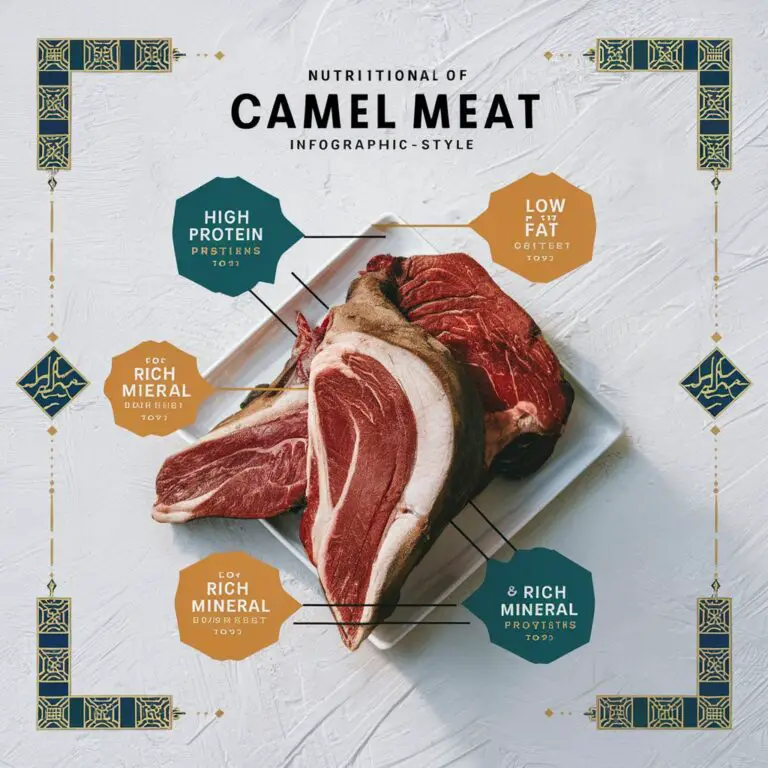Is 401k Halal?
As an expert in Islamic finance and retirement planning, I have conducted extensive research on the permissibility of 401k plans under Islamic law (halal). In this comprehensive guide, I will provide an in-depth analysis of 401k plans, their compatibility with Islamic principles, and alternative retirement saving options for Muslims.
Understanding 401k Plans
A 401k is an employer-sponsored retirement savings plan that allows employees to save and invest a portion of their paycheck before taxes are taken out. Employers may match a percentage of the employee’s contribution, providing additional funds for retirement.
Key features of 401k plans include:
- Tax-deferred growth: Contributions are made with pre-tax dollars, reducing taxable income and allowing investments to grow tax-deferred until withdrawal.
- Employer matching: Many employers offer to match a portion of the employee’s contribution, essentially providing free money for retirement.
- Investment options: 401k plans typically offer a variety of investment options, such as mutual funds, stocks, and bonds.
Islamic Principles and Investment Guidelines
To determine whether 401k plans are halal, we must examine them through the lens of Islamic principles and investment guidelines. The primary considerations include:
- Prohibition of Riba (interest): Islam strictly prohibits engaging in interest-based transactions, whether giving or receiving.
- Avoidance of Gharar (excessive uncertainty) and Maysir (gambling): Investments involving excessive speculation or uncertainty are discouraged.
- Investing in Halal (permissible) activities: Muslims should only invest in businesses and industries that are considered halal, avoiding those involved in prohibited activities such as alcohol, tobacco, pork, and conventional financial services.
Analyzing 401k Plans from an Islamic Perspective
To determine whether 401k plans are halal, we need to examine their various components in light of Islamic principles.
Employer Contributions and Employee Contributions

Employer contributions to 401k plans are generally considered halal, as they are a form of compensation and do not involve interest or speculative investments. Employee contributions are also permissible, as long as the invested funds are directed towards halal investments.
Investment Options
The permissibility of 401k plans largely depends on the available investment options and how they are managed. Many 401k plans offer a diverse range of investment options, some of which may not be compliant with Islamic principles.
| Investment Option | Halal Status |
|---|---|
| Stocks | Permissible if the company’s activities are halal |
| Bonds | Generally not permissible due to interest |
| Mutual Funds | Permissible if the fund’s investments are halal |
| Real Estate Investment Trusts (REITs) | Permissible if the properties and income sources are halal |
To ensure that a 401k plan is halal, employees should carefully review the available investment options and select those that align with Islamic principles. Some employers may offer Shariah-compliant funds or allow employees to self-direct their investments, providing greater control over the halal status of their retirement savings.
Withdrawal Rules and Penalties
401k plans have specific withdrawal rules and penalties for early withdrawals before retirement age. These rules may conflict with Islamic principles, as Muslims are encouraged to avoid accumulating wealth unnecessarily and to distribute it to those in need.
However, if the 401k funds are being saved for retirement and not hoarded excessively, it can be argued that the withdrawal rules are acceptable.
Scholarly Opinions on 401k Plans
Islamic scholars have differing opinions on the permissibility of 401k plans. Some argue that the benefits of saving for retirement and the ability to select Sharia-compliant investments make 401k plans acceptable. Others maintain that the presence of interest-bearing options and the overall structure of 401k plans make them impermissible.
Notable scholars who view 401k plans as permissible with certain conditions include:
- Mufti Muhammad ibn Adam Al-Kawthari
- Dr. Monzer Kahf
- Sheikh Yusuf Talal DeLorenzo
These scholars emphasize the importance of selecting Sharia-compliant investments and avoiding interest-bearing options within the 401k plan.
Alternative Retirement Saving Options
For Muslims who prefer to avoid 401k plans altogether or find their employer’s plan non-compliant with Islamic principles, there are alternative retirement saving options available:
- Traditional and Roth IRAs: These individual retirement accounts offer more flexibility in terms of investment options, allowing individuals to choose Sharia-compliant investments.
- Halal Investment Portfolios: Some financial institutions offer investment portfolios specifically designed to meet Islamic investing guidelines.
- Real Estate Investment: Investing in rental properties or REITs (Real Estate Investment Trusts) can provide a source of retirement income without the concerns of interest or impermissible business activities.
- Precious Metals: Investing in gold, silver, and other precious metals is generally considered halal and can serve as a store of value for retirement.
Conclusion
Determining whether 401k plans are halal is a complex issue that requires careful consideration of Islamic principles and individual circumstances. While some aspects of 401k plans may be problematic, such as limited Sharia-compliant investment options and the potential for interest-bearing investments, there are ways to navigate these challenges.
Ultimately, the permissibility of participating in a 401k plan depends on factors such as:
- The availability of halal investment options within the plan
- The individual’s ability to avoid haram investments
- The necessity of saving for retirement and lack of alternative options
As an expert in Islamic finance and retirement planning, I recommend that Muslims thoroughly research their 401k plan’s investment options, seek guidance from qualified scholars and financial professionals, and make an informed decision based on their unique situation. By understanding the intricacies of 401k plans and Islamic principles, Muslims can make sound financial decisions that provide for their future while adhering to the tenets of their faith.
Remember, the key to halal investing is to be mindful of the principles outlined in the Quran and Sunnah, to invest in a way that benefits society, and to seek the guidance of knowledgeable scholars when in doubt. With careful planning and adherence to Islamic guidelines, Muslims can secure a financially stable retirement while staying true to their faith.








